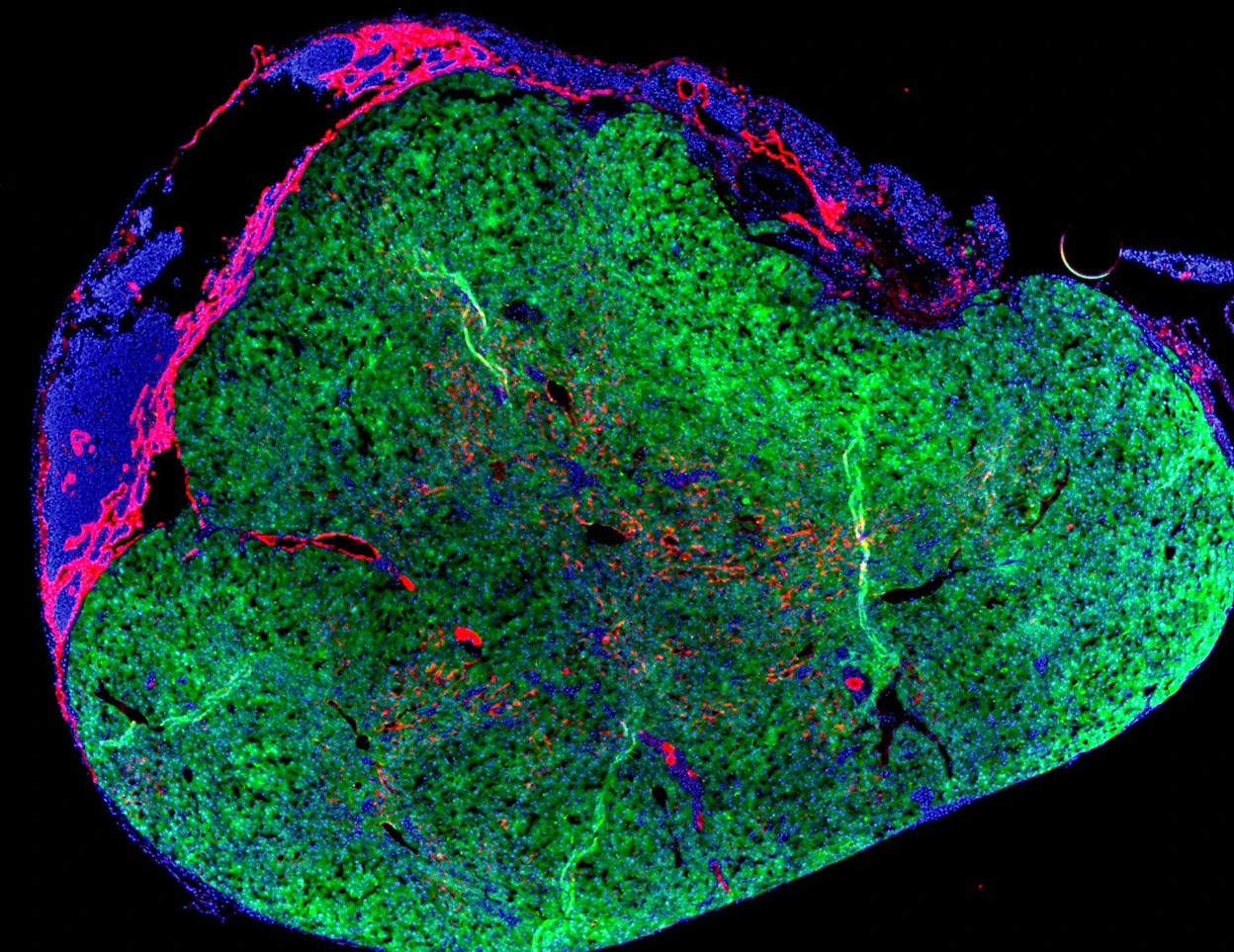In a groundbreaking development, LyGenesis, a biotechnology firm, is pioneering a novel approach to treat liver failure. Their experimental method involves growing an additional ‘miniature liver’ within the body, offering hope to thousands of individuals with end-stage liver disease.
Liver failure presents a significant health crisis, with over 50,000 deaths annually in the United States alone. Traditional treatments like liver transplants face limitations due to organ shortages and eligibility constraints, leaving many patients without viable options.
LyGenesis’s innovative technique injects healthy liver cells from a donor directly into a lymph node in the abdomen of patients with failing livers. These cells multiply within months, forming a functional structure capable of vital blood-filtering functions.
Recent administration of this treatment to a patient shows promising results, with the individual responding well and being discharged from the clinic. However, close monitoring is essential due to the need for immunosuppressive drugs to prevent cell rejection.
The strategy not only addresses organ shortages but also utilizes donated livers that would otherwise go to waste. By leveraging lymph nodes for liver cell growth, LyGenesis aims to provide a sustainable solution for patients in need.
Success in preclinical studies involving mice, dogs, and pigs demonstrates the feasibility of miniature liver formation and functionality.
Although challenges remain, such as persistent conditions like portal hypertension, miniature organs could serve as a crucial interim measure, bridging the gap until transplant eligibility or improving overall health.
Looking forward, the success of LyGenesis’s liver trial could pave the way for personalized treatments tailored to individual patients, potentially eliminating the need for immunosuppressive drugs by using a person’s own stem cells.
In conclusion, LyGenesis’s pioneering work heralds a new era in regenerative medicine, offering renewed hope and healing to those grappling with liver disease worldwide.



























Leave a Reply